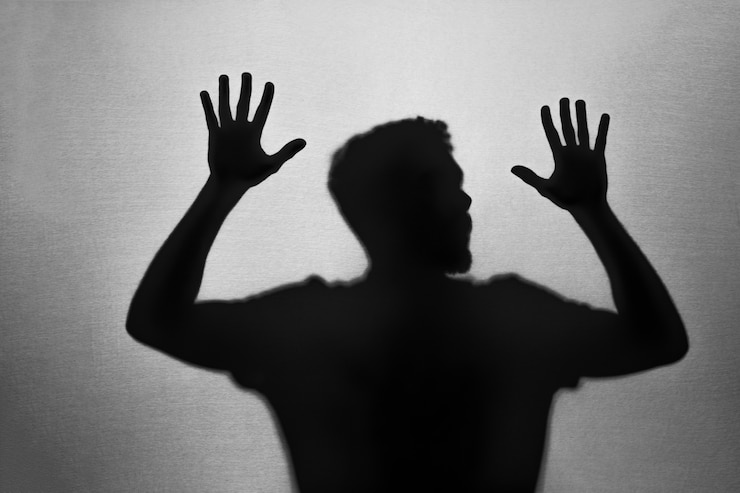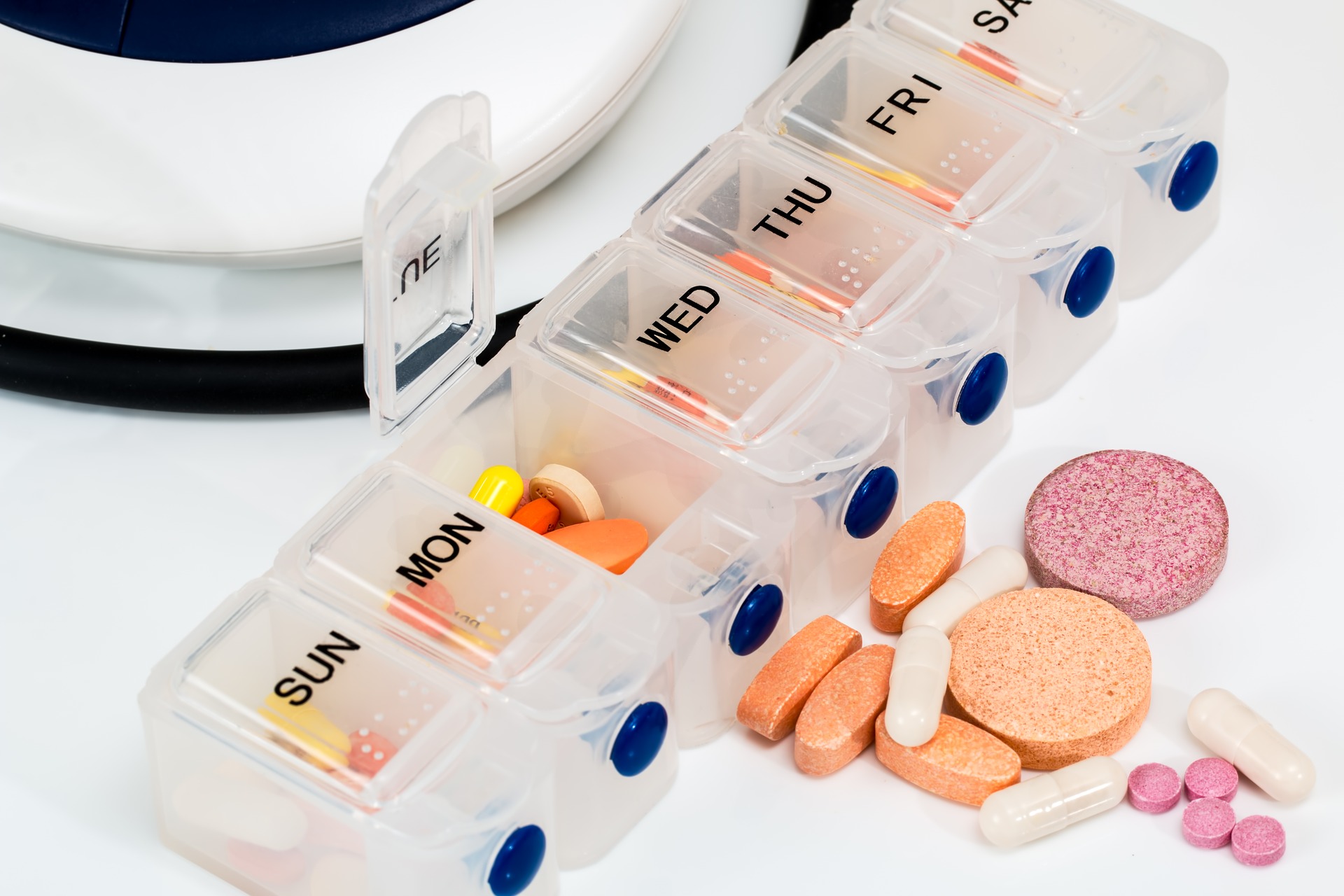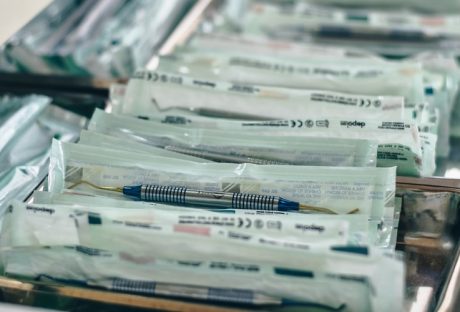Psychedelic therapy refers to using hallucinogenic plants and their compounds as a treatment for mental health problems.
These include anxiety, eating disorders, post-traumatic stress disorder (PTSD), and depression.
The Treatment
Compounds doctors use most frequently for this kind of treatment include lysergic acid diethylamide (LSD), psilocybin or magic mushrooms, and mescaline or peyote.

Proper research into psychedelic treatment for mental health issues is relatively new. However, studies suggest that psychedelics have the potential to help people suffering from mental health illnesses.
The Problem
Researchers have yet to get a clear grasp on exactly why or how these psychedelics work. Some say that they give the brain a reset through alterations of neurotransmitter levels to induce new life perspectives. It is arguably why most users claim the substance provides a new way of thinking and mystical experiences.

Some investigations claim psychedelics make users more open to suggestions, making them open-minded to ideas discussed during therapy. The question that remains is how treatments like using magic mushrooms for microdosing can improve one’s mental health.
The Studies
Many researchers are looking into different psychedelic treatments for mental health problems. Here are significant studies on the two most common mental health problems today–anxiety and depression.
Anxiety
A review conducted in 2020 reported on 24 previous studies concerning treating anxiety symptoms using psychedelic drugs. It claimed that 65% of the studies revealed reduced anxiety levels with psychedelic drugs.
However, these studies were minuscule and had some flaws in methodology.
In 2021, a study asked 164 people with psychedelic experiences to elaborate on their mental health symptoms.

These individuals reported decreased anxiety, stress, and depression levels after the psychedelic experience. Further analysis showed that the participants were more compassionate and less susceptible to ruminating.
It was, however, difficult for the study to reveal any conclusive evidence linking mental health improvements to psychedelic drugs. That is mainly due to the self-reporting nature of the study.
Instead, the study suggests a system that psychedelic drugs can improve mental health by appealing to more positive emotional responses. In this case, it resulted in feelings of greater compassion and a decrease in obsessions over negative thoughts.
Depression
In 2017, an investigation looked into individuals with depression who were resistant to treatment. Researchers provided twenty individuals mainly suffering from severe depression with two psilocybin doses seven days apart with six-month follow-ups.
Their findings were a significant decrease in symptoms for the first month and five days after treatment. Nine participants were responsive to treatment, and four went into remission from their depression after five weeks.
One important note is the likelihood of improving their depression symptoms hinged on the quality of their psychedelic experiences.

Psychedelics can incite powerful and almost instant psychological changes in an individual. Some studies imply the persistence of these changes for the long term, which offers much hope for the mentally unstable.
Unfortunately, psychedelic therapy is still in the experimental stage and is unlikely to be available at your doctor’s office.
However, as the research on the subject increases, so does mainstream acceptance. Only time will tell if psychedelic drugs will be the future of mental health.
Additionals:






















